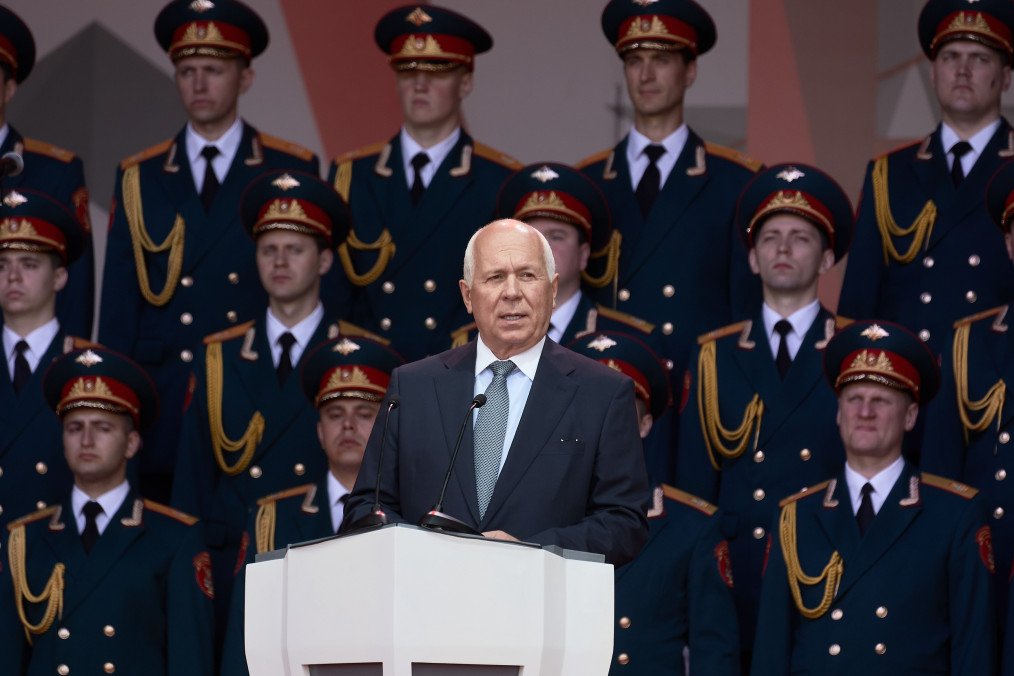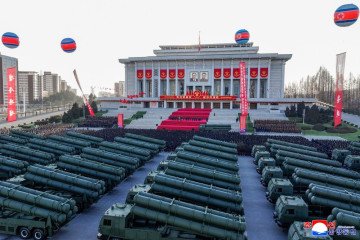- Category
- Latest news
Russian Gunpowder Production Evades Sanctions Through Fertilizer Industry Channels

Russian explosives manufacturers have reportedly circumvented sanctions by sourcing key chemicals for explosives production through fertilizer companies.
Bloomberg reported on March 26, that the US and European sanctions, which are aimed at crippling Russia’s military industry, have largely spared firms like Rostec , and UralChem , due to their vital role in global agriculture.
However, new documents reveal that these fertilizer companies have been supplying nitric acid and other essential chemicals to Russian explosives manufacturers, enabling the country to continue its military operations despite economic restrictions.
EuroChem, headquartered in Russia and registered in Switzerland, and UralChem, controlled by Russian tycoon Dmitry Mazepin, have provided tens of thousands of tons of chemicals to Russian defense plants, including those controlled by Rostec, a sanctioned Russian conglomerate.
Nitric acid, a key ingredient for explosives such as TNT and RDX, is used by Russia’s military to produce artillery shells, gunpowder, and rocket propellants. While these chemicals are necessary for agricultural purposes, their use in explosives has raised concerns about the effectiveness of sanctions in limiting Russia’s military capabilities.
According to Bloomberg calculations, the volumes of nitric acid being supplied to Rostec subsidiaries would allow Russia to produce up to 6,500 152mm artillery shells a day. In comparison, German defense contractor Rheinmetall is known to produce around 1,000 artillery shells per day, significantly fewer than the potential output from Rostec’s supply chain.
In related news, the White House summarized outcomes from US-Russia ceasefire talks in Riyadh, held from March 23-25.
The discussions focused on Black Sea navigation safety, preventing military misuse of commercial vessels, and facilitating Russia’s agricultural exports. “The United States will help restore Russia’s access to the world market for agricultural and fertilizer exports, lower maritime insurance costs, and enhance access to ports and payment systems for such transactions,” the White House stated.
-554f0711f15a880af68b2550a739eee4.jpg)





-111f0e5095e02c02446ffed57bfb0ab1.jpeg)
